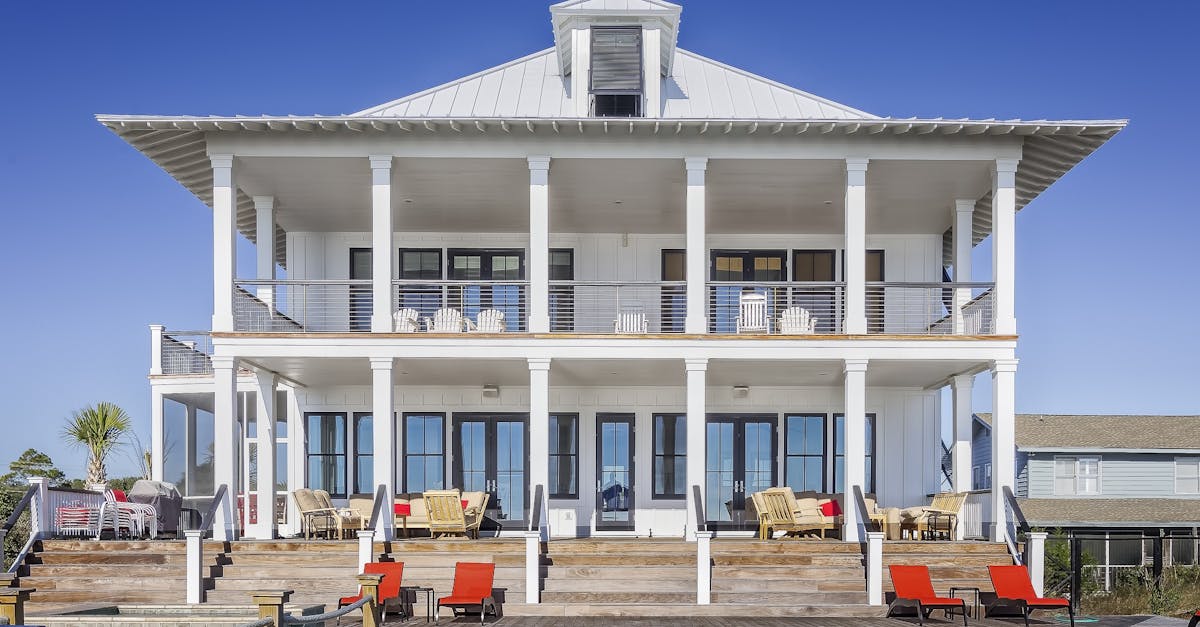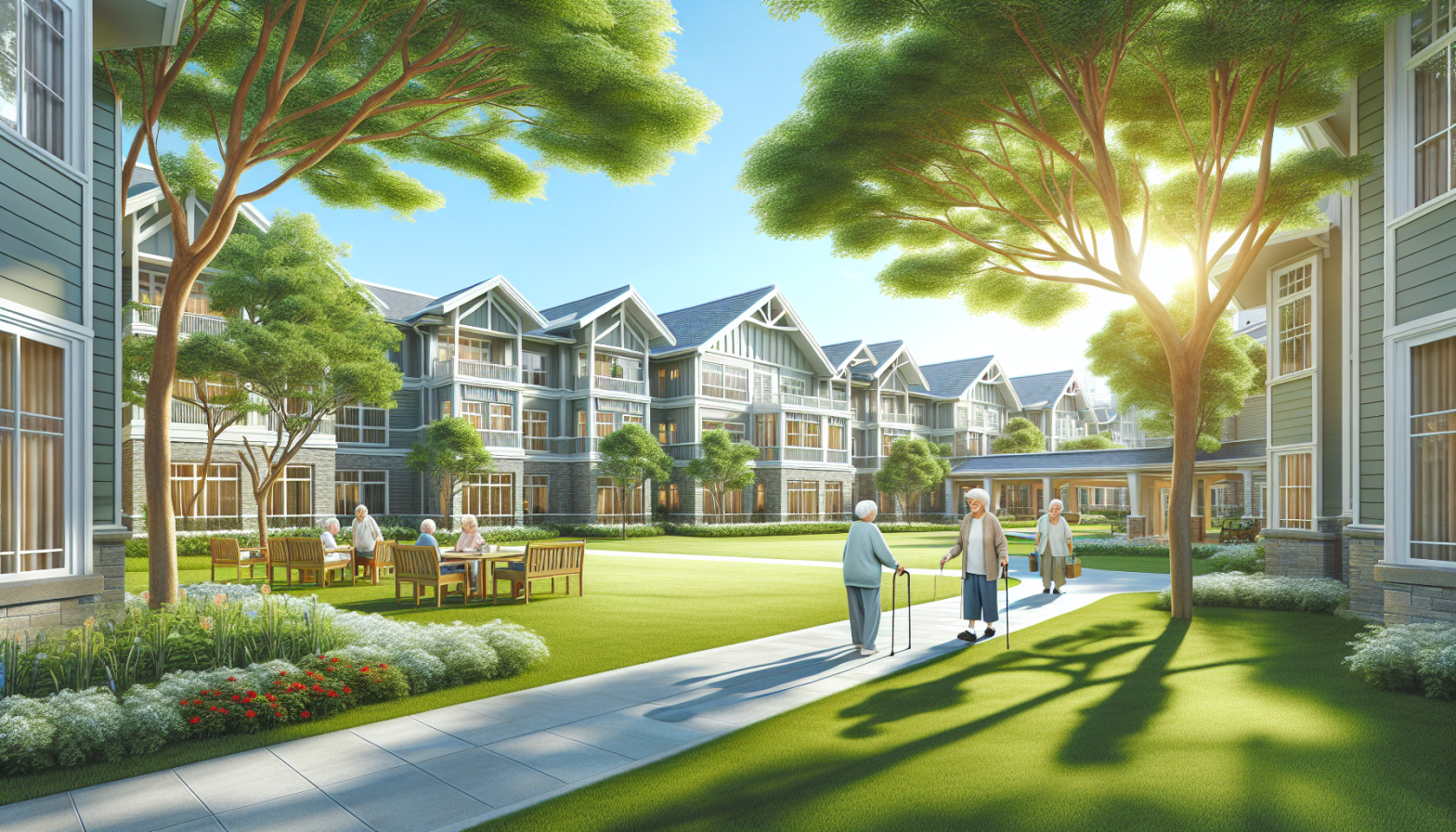Speak to a local care advisor at Assisted Living Locators by calling (888)-267-4741.
Learn about Assisted Living, Senior Living, Memory Care, and In-home care options.
Navigating the transition to assisted living can often present a complex challenge, laden with emotional and practical considerations. Understanding the qualifications for assisted living is crucial for individuals and families making this important decision. Determining eligibility involves more than just a medical assessment; it includes a comprehensive evaluation of the prospective resident’s needs, preferences, and, importantly, the state requirements for assisted living facilities. This scrutiny ensures that residents receive the appropriate [level of care](https://seniorsite.org/resource/which-senior-living-care-type-is-the-best-fit-for-you-in-2024/) and support, underscoring the importance of being well-informed about the criteria that must be met.
This article will delve into the essential qualifications for assisted living, shedding light on who qualifies for such facilities and the general health requirements involved. It will also cover situations where admission may be denied, guiding readers through the steps to qualify and get admitted into an assisted living facility. Furthermore, the financial considerations, which often play a significant role in the decision-making process, will be discussed in detail. By providing a comprehensive overview of how do you qualify for assisted living, this guide aims to furnish readers with the necessary information to navigate the qualification process confidently and make informed decisions about assisted living options.
Understanding Assisted Living
Assisted living communities are designed to support individuals who require assistance with daily activities but do not need the intensive care provided by nursing homes. These facilities offer a blend of residential living, health care, and support services tailored to individual needs. This section delves into the core aspects of assisted living, providing a comprehensive understanding of its definition, services, and the living environment it offers.
Definition and Services
An assisted living community is essentially a personal care home catering to 25 or more persons. It is recognized for offering “assisted living care,” which encompasses personal services, medication administration by certified aides, and support in assisted self-preservation. This definition underscores the community’s commitment to ensuring residents’ safety and well-being, particularly in emergency situations where quick evacuation is necessary. Assisted self-preservation, in this context, refers to the ability of a resident to move to a safety point within a set timeframe, as mandated by fire safety regulations.
Personal care homes, while similar, are settings that provide housing, food service, and at least one personal service for adults not related to the facility’s owner or administrator. These services notably include assistance with self-administered medication and help with essential activities of daily living (ADLs) like eating, bathing, and dressing. The provision of social activities alongside medication supervision highlights the holistic approach of assisted living to resident care.
Living Environment
Residents of assisted living facilities typically enjoy private or semi-private apartments, fostering a sense of independence while ensuring necessary support is at hand. These living spaces are part of a larger community where residents share common areas and have access to a range of services. These include up to three meals a day, personal care assistance, medication help, housekeeping, laundry, and 24-hour supervision. The inclusion of social and recreational activities is pivotal, as it promotes engagement and contributes positively to the residents’ physical and cognitive health.
Facilities vary in size and the levels of care they offer, with residents paying more for additional services or special care needs. The structure of assisted living allows for a degree of autonomy, with the security of around-the-clock care by professionals. This care model is particularly suited for older adults who require daily support but not the extensive medical and personal care services provided in nursing homes.
Financial Aspects
The cost of residing in an assisted living facility is primarily out-of-pocket, as Medicare does not cover these expenses. Some residents may benefit from Medicaid, depending on state-specific programs and eligibility criteria. Long-term care insurance policies may also partially cover the costs, highlighting the need for prospective residents and their families to explore all financial avenues and support mechanisms.
In conclusion, assisted living offers a supportive, community-centric environment tailored to individuals who require assistance with daily activities but wish to maintain a level of independence. With a focus on personal care, health services, and social engagement, these communities play a crucial role in supporting the well-being and quality of life of their residents.
Who Qualifies for Assisted Living?
Daily Living Needs
Individuals considering assisted living must typically require assistance with at least two activities of daily living (ADLs). These activities include bathing, grooming, dressing, making meals, transferring from sitting to standing, and continence care. Assisted living facilities are designed to support residents in maintaining some independence while providing necessary help with these daily tasks.
Mobility Considerations
For admission into assisted living facilities, residents must be mostly able to ambulate independently. While some facilities may have staff to assist with transferring to and from a bed or wheelchair, not all do. Consequently, individuals who are bedridden may not qualify for assisted living and might need to consider a skilled nursing facility for 24/7 care and assistance.
Mental and Cognitive Health
Assisted living facilities generally are not secured environments, meaning residents can come and go as they please. Therefore, individuals with severe memory impairments, such as dementia, who may have trouble swallowing, exhibit behavioral issues, or are prone to wandering, may not be suitable for assisted living. These facilities typically do not have the staffing levels required for 24/7 supervision, which is necessary for individuals with significant memory care needs. Instead, memory care or skilled nursing facilities are recommended for those with extensive medical needs or who are completely bedridden.
In summary, qualifications for assisted living primarily revolve around the individual’s ability to perform activities of daily living, their mobility status, and their cognitive health. Those with minimal skilled nursing needs, who require daily assistance with ADLs, and are stable and predictable in their care requirements are likely candidates. Conversely, individuals requiring continuous supervision, extensive medical care, or specialized memory care may need to explore other care options to ensure their needs are adequately met.
General Health Requirements
To be eligible for assisted living, residents must exhibit stable health conditions and not require intensive medical care. This section outlines the general health requirements necessary for admission into such facilities.
Stable Health Conditions
Residents seeking admission into assisted living must be in a relatively stable health condition. It is essential that any chronic illnesses or diseases are well-managed and under control. Facilities expect residents to be predictable in their health needs, which allows for the provision of appropriate care without the necessity for constant medical supervision.
Non-Requirement of Intensive Medical Care
Assisted living facilities are not equipped to handle residents who require 24/7 medical monitoring or intensive, ongoing medical treatments. Conditions that generally disqualify an individual from assisted living include:
- Extensive wound care needs, such as those recovering from major surgeries or accidents.
- Requirements for tracheostomies, feeding tubes, or gastrostomy care.
- Serious infections, including staph infections or other communicable diseases.
Additionally, assisted living facilities cannot admit individuals who are completely bedridden or those who require the assistance of multiple people for transferring. For residents with less critical conditions that still require medical attention, such as diabetes or incontinence, assisted living facilities may provide support if the care can be self-managed or administered by a licensed professional.
This framework ensures that assisted living facilities can effectively provide for their residents without exceeding their care capabilities, maintaining a safe and supportive environment for all.
Situations Where Admission May Be Denied
Severe Cognitive Impairments
Residents with severe cognitive impairments, such as advanced dementia or Alzheimer’s, may not be suitable for assisted living due to their specialized care needs. These individuals often require more than what typical assisted living facilities can provide, especially if they exhibit behaviors such as difficulty swallowing, behavioral issues, or a tendency to wander. Assisted living facilities, generally not being secured environments, pose a risk for residents prone to wandering, as they can leave the property unattended. Such facilities also usually lack the staffing necessary for continuous supervision required by these residents.
Extensive Medical Needs
Individuals requiring constant medical attention or those with conditions that cannot be adequately managed by assisted living staff are often denied admission. This includes those needing extensive wound care, tracheostomies, feeding tubes, or care for serious infections like staph infections. Assisted living facilities are designed to support residents who are largely independent and do not provide 24/7 medical care or intensive treatments. For residents recovering from surgery or severe injuries, a referral to a skilled nursing facility may be necessary until they are healed enough to participate in assisted living.
Bedridden Individuals
Assisted living facilities typically require that residents be able to ambulate mostly independently. Those who are bedridden, requiring constant care or the assistance of multiple people for transferring, may find their admission denied. Facilities equipped to handle such cases are usually nursing homes or hospitals that offer the requisite round-the-clock care. In some instances, if a resident becomes temporarily bedridden due to illness or surgery, they may be allowed to stay if the facility can ensure adequate safety measures and care during their recovery.
Steps to Qualify and Get Admitted
Initial Assessments
Upon considering assisted living, initial assessments are crucial to determine the suitability of a prospective resident. These assessments include evaluating the resident’s ability to perform activities of daily living (ADLs), their cognitive and mental health, and their medication management capabilities. Specifically, the assessments check if the resident can manage medications independently or requires assistance, and whether they experience any confusion or dementia. Additionally, sensory assessments covering vision and hearing are conducted to ensure all needs are identified and addressed.
Required Documentation
The admission process involves gathering various forms and documents which are crucial for a smooth transition into an assisted living facility. Prospective residents and their families work with the facility’s admissions coordinator to complete admissions applications, consent to release medical information, understand facility policies, and provide legal certificates. Additionally, documents related to costs, care information, and criminal background forms are collected. Although not always required for admission, physician’s orders confirming the doctor’s approval of the care plan are typically included.
Health and Functional Assessments
Health and functional assessments are comprehensive evaluations that document a resident’s medical history, including height, weight, allergies, and any diagnoses. These assessments are pivotal as they help in creating a tailored care plan that addresses the resident’s specific needs. The functional assessment focuses on the resident’s ability to complete daily tasks such as bathing, dressing, and eating, and assesses their mobility. This information is crucial for determining the level of assistance the resident will require.
Care Plan Creation
Following the assessments, a personalized care plan is developed in collaboration with the resident’s physician. This plan includes an initial health assessment and is regularly updated to reflect any changes in the resident’s health status. The care plan outlines the types of medications needed, the frequency of medical services, dietary needs, and personal preferences such as meal times, bedtimes, and recreational activities. The plan also sets personal goals for the resident and specifies the equipment or supplies needed, ensuring a comprehensive approach to care.
This systematic approach ensures that each resident’s unique needs are met, promoting a safe and supportive living environment.
Financial Considerations
Costs of Assisted Living
The average monthly cost of assisted living in the United States is reported to be approximately $4,500, totaling around $54,000 annually. These costs can vary significantly depending on the state, the type of facility, and the level of care required. For example, in California, the average cost can range from $2,925 to $9,410 per month, with Alzheimer’s care costing about 20% to 30% more. In contrast, Arizona sees a monthly range from $4,575 to $6,450, with the most affordable care found in Tucson at about $4,575 per month.
Medicare and Medicaid
Medicare generally does not cover the cost of room and board in assisted living facilities but can assist with health-related expenses such as medication management and insulin injections. Medicaid, on the other hand, varies by state but may cover some medical costs associated with assisted living for qualifying low-income seniors. In California, programs like Medi-Cal and the IHSS state Medicaid program provide some personal care and nursing home care, with additional support from Medicaid Waiver programs for services like home modifications and adult day care.
Other Payment Options
Many families utilize private funds, such as personal savings, pension payments, and retirement accounts, to cover the costs of assisted living. Long-term care insurance is also a viable option, though it typically needs to be purchased before significant health declines occur. Veterans may have access to benefits through the Department of Veterans Affairs that can help offset costs, and some states offer specific assistance programs to help manage the financial burden of assisted living. Additionally, life insurance policies can sometimes be sold or surrendered to fund long-term care.
These financial considerations highlight the need for careful planning and exploration of all available resources to effectively manage the costs associated with assisted living.
Conclusion
Throughout this article, we’ve navigated the diverse and intricate landscape of qualifications for assisted living, offering a comprehensive guide from eligibility requirements to the financial considerations involved. The discussion shed light on the array of factors that mark someone as a suitable candidate for assisted living—ranging from the level of assistance needed with daily living activities to the state of one’s cognitive and physical health. It also delved into the critical aspects of assessing and preparing for the transition into such care, emphasizing the necessity for prospective residents and their families to engage with these processes thoughtfully and informedly.
The implications of this discussion are profound, highlighting the importance of a thorough and nuanced understanding of assisted living qualifications to ensure that individuals make the best possible decisions for their care or that of their loved ones. As readers contemplate these insights, they are encouraged to approach the qualification and admission processes with diligence, armed with the knowledge shared in this guide. Further research and consideration are advised to navigate the complex but crucial journey toward selecting an assisted living facility, ensuring a choice that aligns well with the needs, preferences, and well-being of potential residents.
FAQs
What Determines Eligibility for Assisted Living in New York State?
In New York State, eligibility for the Assisted Living Program is assessed using the Uniform Assessment System (UAS-NY). The key factor for eligibility is the individual’s need for help with Activities of Daily Living (ADLs), such as moving from bed to chair, walking, eating, using the toilet, and bathing.
Who Can Access Assisted Living Services in Texas?
To qualify for assisted living in Texas, individuals must meet the following criteria:
- Be 55 years of age or older and eligible for nursing home care.
- Reside in an area where PACE (Program of All-Inclusive Care for the Elderly) services are available.
- Be able to live safely in their own home or in an assisted living facility.
What Are the Prerequisites for Operating an Assisted Living Facility in Florida?
To run an assisted living facility in Florida, one must:
- Be at least 21 years old.
- Possess a high school diploma or GED.
- Complete a 26-hour ALF Core training course conducted by a trainer registered with the AHCA (Agency for Health Care Administration).
- Successfully pass a state competency examination.
- Undergo and pass a level 2 background check.
What Types of Assisted Living Licenses Exist in New York?
New York recognizes three main categories of Assisted Living Residences (ALRs):
- Basic ALRs (ALR)
- Enhanced ALRs (EALR)
- Special Need ALRs (SNALR) The specific services that each type of ALR provides, offers, or allows can differ from one residence to another.












